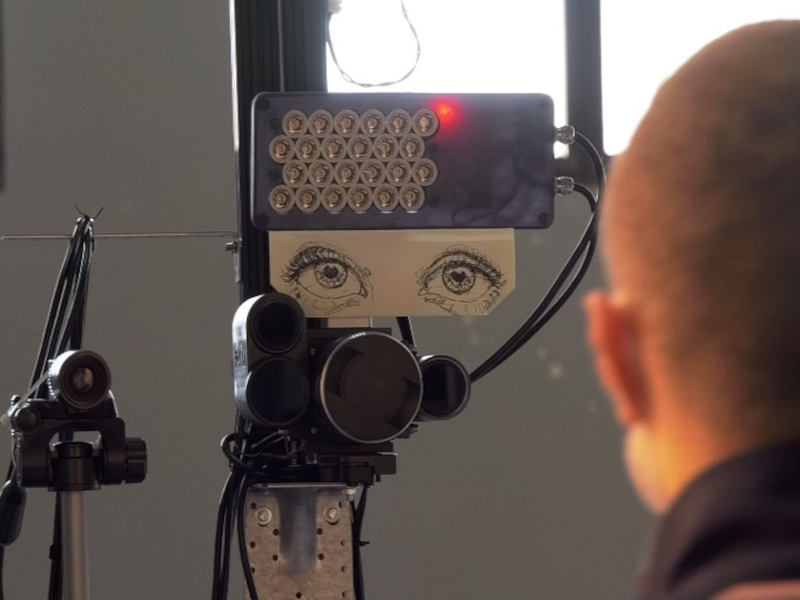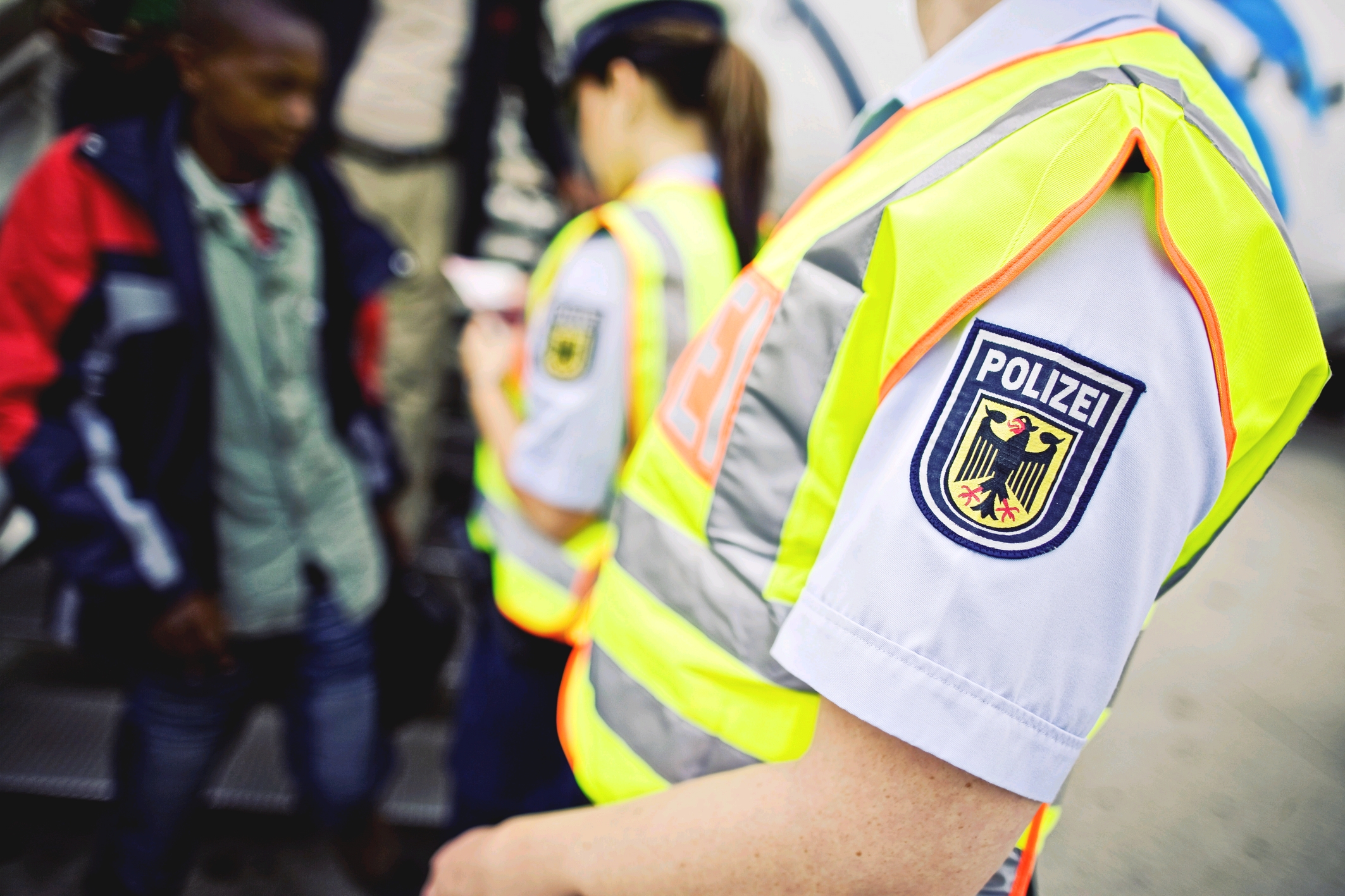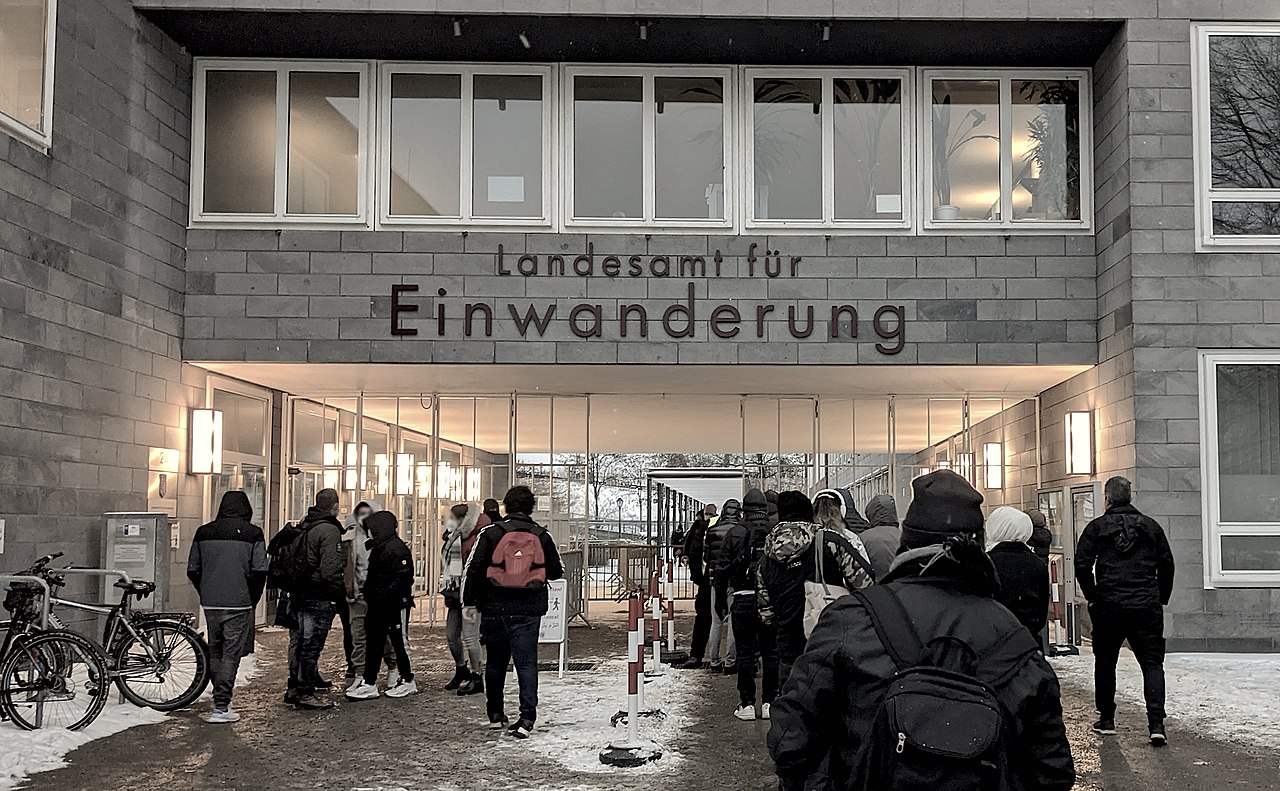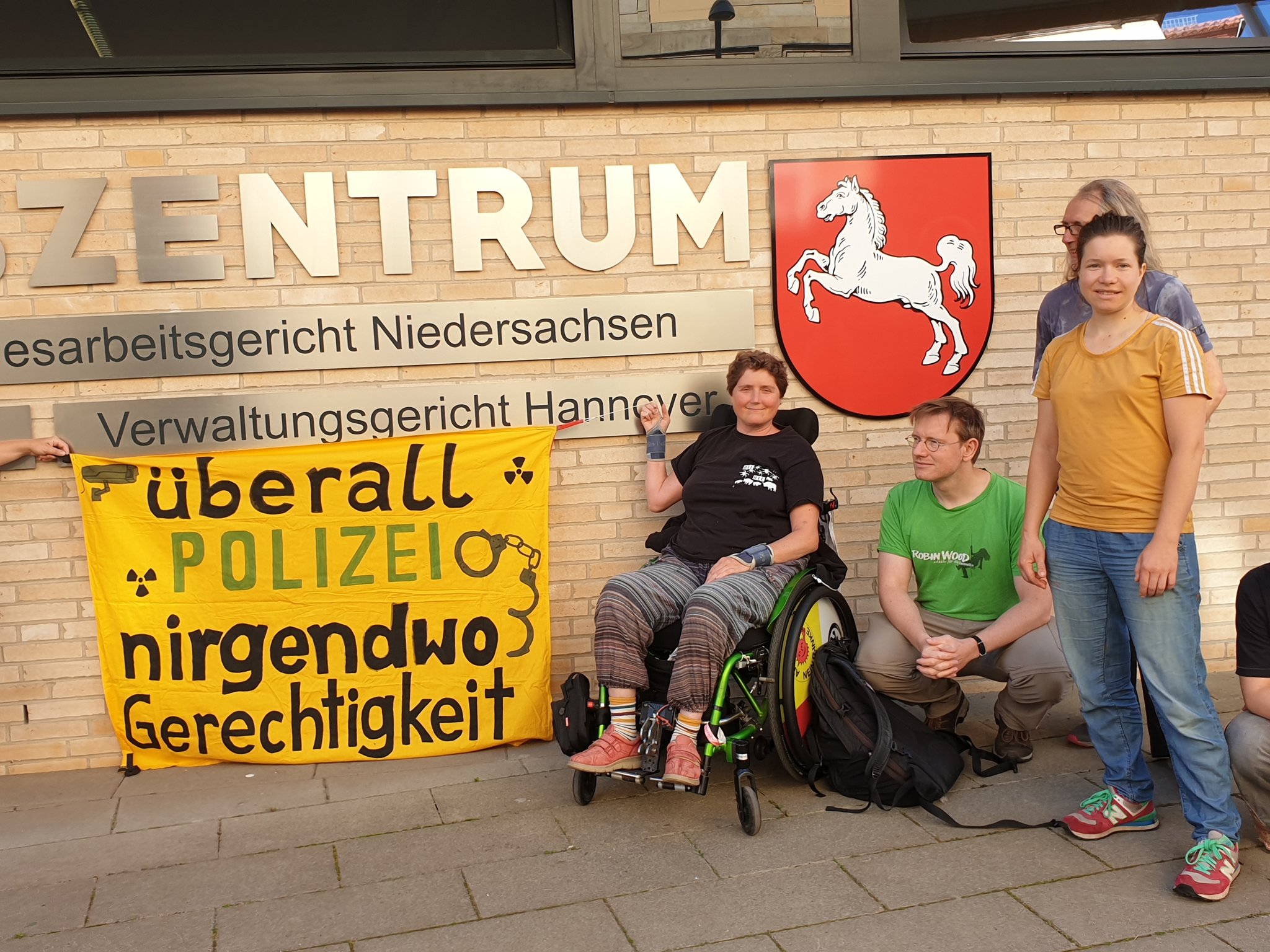Tag: Databases
-
More German authorities introduce facial recognition, while the police photo database breaks through 5 million mark

German police forces have been using a facial recognition system at the Federal Criminal Police Office since 2008. Three other security or migration authorities are now expanding this technology with their own applications. “It is now becoming clear how well…
-
German police categorise people with “phenotypes”: Study sees “racist glasses”

Representative surveys prove racist police profiling for the first time. Suspects are stored as “African” or “Indian”. No problem, says the German government. The German police follow racist patterns in their random checks. This was confirmed in November by a…
-
Digital police problem: German authorities pool millions of dubious data records at the BKA

The Federal Criminal Police Office in Germany stores millions of facial images and fingerprints, as well as tens of thousands of people with stigmatising categories. The police forces in all 16 German states maintain their own databases, including for incident…
-
Refugees against German Register of Foreigners: Constitutional Complaint against “Second Class Data Protection”

Several organisations and associations support a constitutional complaint against the Central Register of Foreigners. They argue that the data collection is out of control and violates fundamental rights. Eleven refugees filed a constitutional complaint on Tuesday against the amendment to…
-
Double surveillance of climate activist by German Federal Police was unlawful, court says

For more than two years, the German Police profiled the movements of Cécile Lecomte, a climbing activist sitting in a wheelchair, and secretly surveilled her for several weeks. The officers should have used milder measures, according to a verdict. Accompanied…
-
EU data hamsters: Atos manager moves to client after trouble with biometric flagship

Agnès Diallo now oversees biometric databases sold to the EU by her former employer. Interesting to see how she deals with claims for compensation against Atos. Last week, Agnès Diallo took office as the new director of the Tallinn-based Agency…